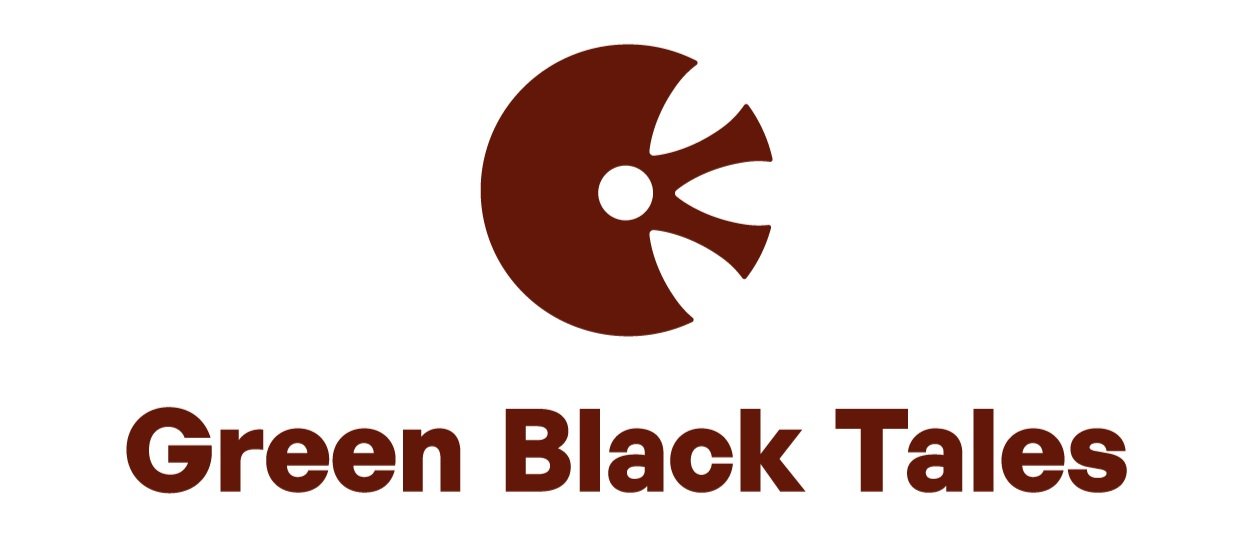This Is Not A Crocodile
I am a foreigner here. Perhaps this is what drew me to this place the first time, what keeps me coming back. I am foreign and my strangeness is humoured, even embraced. I am ashamed to admit that back home, things are different. To be foreign and brown-skinned in South Africa is to be called a refugee, an immigrant, a drug dealer, a human trafficker. Even in a suit. Even with a string of university-acquired prefixes and suffixes peppering your name, in South Africa if you are brown and speak a different language you are strange in a way that says, “You don’t belong here, go back to your country.” Here, in my new home, everything from the sign hanging over the airport escalator to the warm smiles of the immigration officers, says “welcome.” I am welcomed, a tourist, an expatriate on business. A relative of mine once told me a story of a bus ride she took in which a woman, presumed to be foreign, was lying with her legs extended over the long front seat of the bus. It was a City of Tshwane bus, the ones that are either almost empty or grossly packed depending on the time of year. This was one on the emptier side. The driver of the bus seemed to not mind the position of the foreign woman. My relative, however, was getting more upset by the minute. “How do these people come to our country and lie on our buses as if they own the place?” she said, interjecting her story with a comment. It was a short, uneventful bus ride on a summer day but the punchline, the climax of this story is that my relative shook the woman awake as she got off the bus and told her ‘You came here on the back of a crocodile, I know, your legs say it all. But this one is a bus, not a crocodile.” It was meant to be funny, I know it was because she laughed and repeated the phrase “This is not a crocodile” numerous times, to the amusement of other family members to whom she relayed the story. Here, I am dissected with curiosity. I am told “you are beautiful” and afforded niceties I am unaccustomed to, even back home. This morning, a woman asked if I am Indian while she peeled four oranges I bought for her at the gate of my residence. She examined me, asked the question to the housekeeper who stood beside me aiding our transaction. I laughed and said no. I am foreign here and my strangeness is a question, not a curse. On the night of my arrival, I was tired and disgruntled. After two delayed flights and enduring the arid heat of Windhoek, Namibia for three hours, I was grateful to be at the first of three final destinations on this journey - final because I was in the country that I would call home for a good portion of my year, albeit with some road travel ahead - but I could not mask my exhaustion. My host mom, who had spent a portion of the day waiting and preparing for my arrival, showed me my room and said, “Freshen up and then come out for dinner.” I bathed, then enjoyed a meal of jollof rice and chicken with a small can of Coca Cola. The next morning, my escort for the second leg of my journey arrived at the house while I ate breakfast with my host family. At the breakfast table, host dad teases about the numerous times I have been to Nigeria, then asks if I have a Nigerian suitor, to which I laugh (the word ‘suitor’ amuses me. Nobody refers to a partner as a suitor in South Africa). I am told numerous times that my accent is lovely here - back home, I am told I have the accent of a coconut, a person who is brown outside but white inside. Here it is called ‘lovely’ and it is a beautiful rarity for the way I speak to not be marred with shame. As I leave, I hand over a copy of ‘The Sin In My Blackness’ to the family and thank them for their hospitality. As I leave the house, rested and ready for the journey ahead, I sigh with the realisation that I am happy here. Although this is my third visit to this country, everything is still new. I am a foreigner here, but I am not treated as if I arrived on the back of a crocodile. I wish I could take all these kind, curious people home with me someday, to a home that would look at them and say “welcome” instead of snarling and baring the large teeth inside a crocodile’s mouth.


